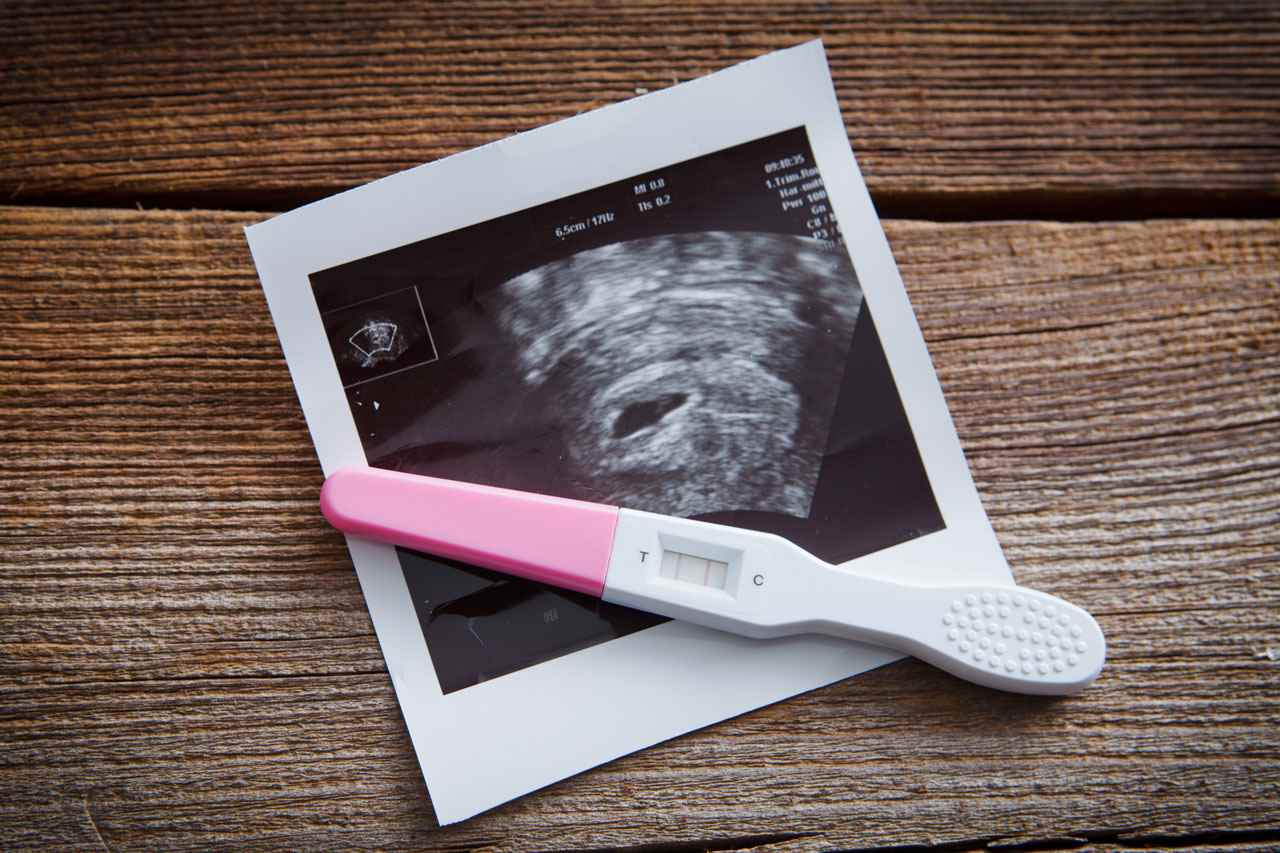Fertility Tracking: Identifying Your Most Fertile Days
An egg remains viable for 12–24 hours after ovulation; sperm survive up to five days. Your peak fertility window is the two days before ovulation and the day of ovulation itself.
- Ovulation tests: Detect the LH surge and predict ovulation 24–36 hours ahead.
- Cervical mucus monitoring: Clear, stretchy mucus signals peak fertility.
- Basal body temperature: A post-ovulation rise confirms that ovulation has occurred.
Combining methods—so-called symptothermal cycle tracking—is the most reliable approach to pinpointing fertile days.
Key Preconception Nutrition: Micronutrients You Need
Correct micronutrient levels before conception can boost your chances of a healthy pregnancy. Focus on:
- Folic acid: 400 µg daily reduces neural tube defect risk. WHO: 400 µg folic acid daily from conception to 12 weeks
- Iodine: 150–200 µg/day supports thyroid health and hormone balance.
- Iron: Supplement if ferritin < 30 µg/L to support egg development. WHO: Daily iron (30–60 mg) + folic acid (400 µg)
Only add vitamin D or omega-3 supplements if a deficiency is diagnosed. Always consult your healthcare professional for personalised dosing.
Avoiding Endocrine Disruptors: Reduce Toxic Exposure
Chemicals like BPA, phthalates and pesticides can impair reproductive hormones. To reduce risk:
- Use glass or stainless-steel containers instead of plastic for heating or storing food.
- Choose cosmetics labelled fragrance-free, PEG-free and polymer-free.
- Wash new clothing before wearing to remove residual chemicals.
Healthy Lifestyle for Fertility
- Quit smoking: Improves ovarian reserve and sperm health within months of cessation.
- Limit alcohol: Avoid alcohol preconception; even small amounts can alter hormone levels.
- Moderate caffeine: Keep under 200 mg/day (≈2 cups coffee) to maintain optimal fertility.
- Maintain healthy BMI & exercise: Aim for BMI 20–25 and 150 minutes moderate activity weekly.
Stress Reduction Techniques to Improve Conception
Chronic stress elevates cortisol and disrupts the LH surge, hindering ovulation. Practices like meditation, yoga and breathing exercises can lower stress and boost conception chances.
Even ten minutes of daily mindfulness can positively impact cycle regulation and well-being.
Timed Intercourse: Maximise Sperm Quality
Intercourse every 24–36 hours during your fertile window ensures a fresh supply of motile sperm. Daily intercourse offers no additional benefit and may increase stress—aim for 2–3 sessions per cycle at peak times.
Realistic Fertility Expectations and Patience
Under ideal conditions, ~25 % of couples conceive each cycle. It may take up to 12 months, which is normal. A relaxed mindset is crucial, as psychological stress can further impede fertility.
When to Seek Medical Advice for Infertility
- Under 35: after 12 months of trying without conception.
- 35 and over: after six months, due to declining ovarian reserve.
A basic hormone panel, ultrasound and semen analysis can identify treatable issues.
WHO: About 17.5 % of couples worldwide experience infertility—roughly 1 in 6
Conclusion: Plan, Optimise, and Be Patient
Effective family planning starts preconception: track your cycle, ensure key nutrients, minimise toxins and stress, and adopt a healthy lifestyle. If pregnancy doesn’t occur, medical evaluation and modern treatments can help you achieve your family goals.

